Home » Living With CLL » Stories and Testimonials
Stories and Testimonials
There are some things that only one patient can tell another. This is where you will find patients and caregivers sharing their most personal stories and their best advice about how they have survived their illness.
FEATURE
Rebranding Watch and Wait
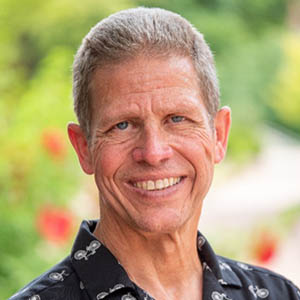 When diagnosed with chronic lymphocytic leukemia (CLL), doctors should pause and help patients understand the watch and wait period. Read now.
When diagnosed with chronic lymphocytic leukemia (CLL), doctors should pause and help patients understand the watch and wait period. Read now.
Patient Stories
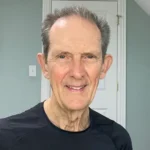
Cancer, CLL, and Mindfulness
When diagnosed with chronic lymphocytic leukemia (CLL), doctors should pause and help patients understand the watch and wait period.
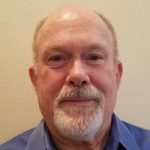
CLL Is No Match for a Top Gun Veteran
Bruce Wright is a leader in the CLL community, helping many fellow patients. The lessons he learned in the military now help him navigate living with CLL.
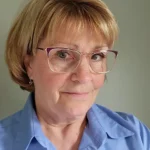
Albie Suozzi Talks Self-Care While Living with CLL
Albie Suozzi shares her journey with CLL, the things she has done to be intentional about her health, and the support she has gotten from CLL Society.
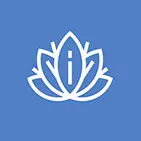
Geoff Grubbs Shares His CLL Journey on Cancer Podcast
Geoff Grubbs, patient advocate, shares his journey with CLL on the podcast Cancer Actually F**king Sucks.
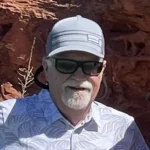
Living Life to the Fullest 24 Years After a CLL Diagnosis
In the article A Leukemia Diary: 24 Years With CLL and Still Playing Golf published by Cancer Health, Terry talks about his 24 year journey in a unique chronological timeline
ADDITIONAL READING



